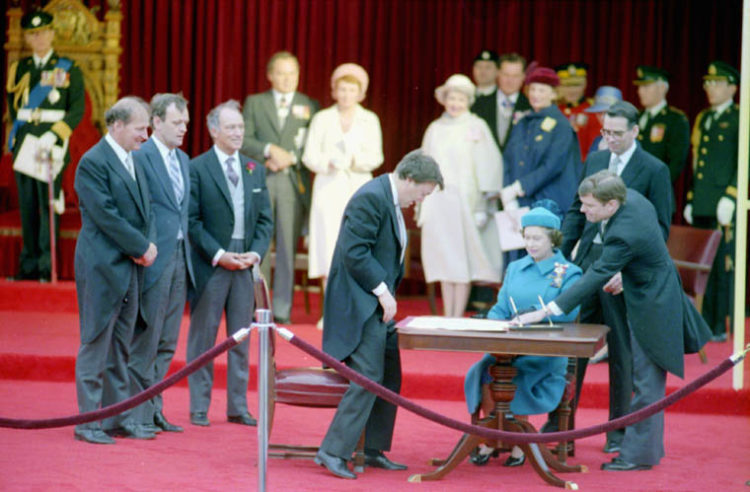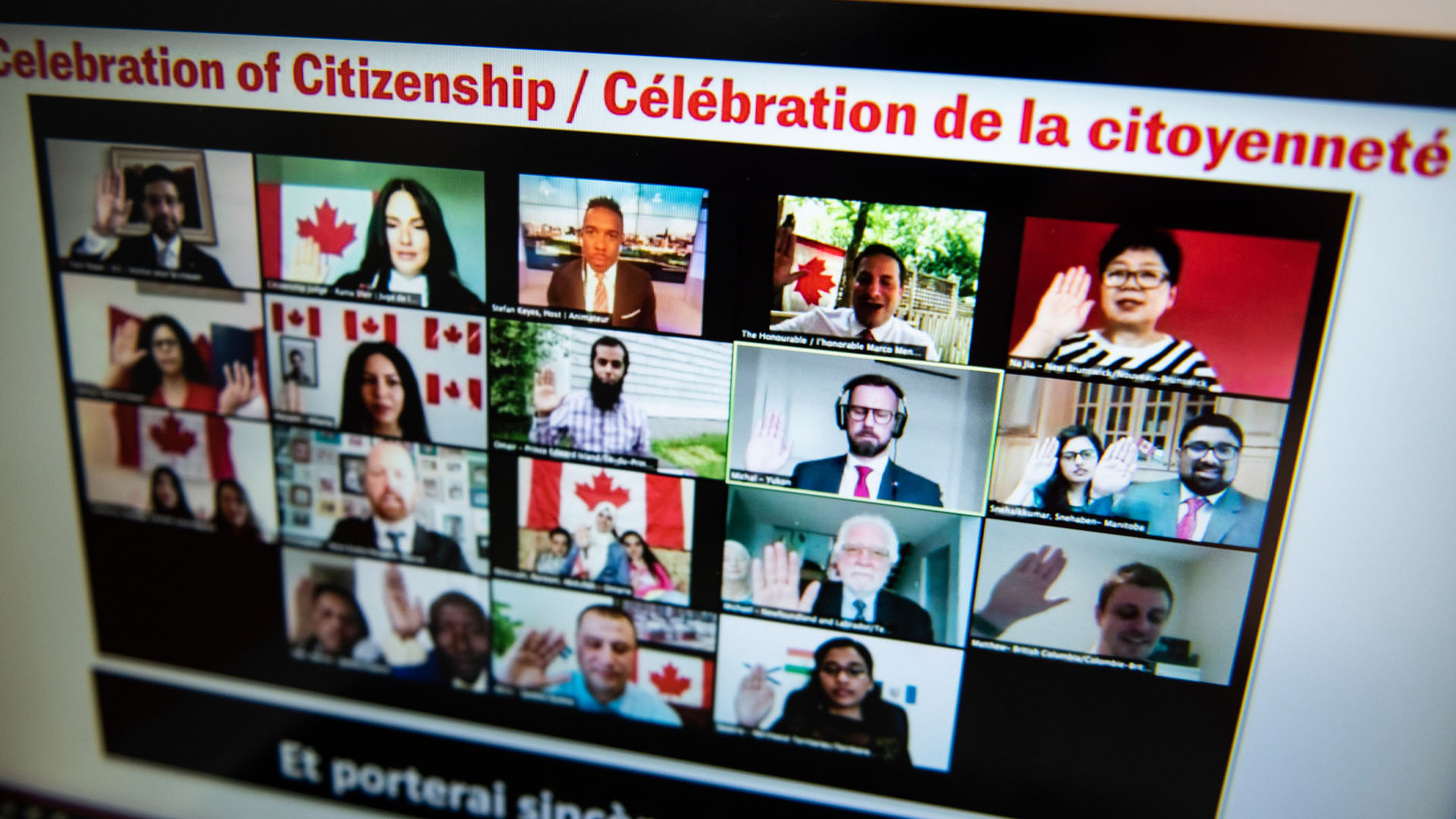
The passing of Queen Elizabeth II will no doubt herald change – from within and externally. Indeed, the conversation about the future of the monarchy under King Charles has already begun in a number of Commonwealth countries.
Let me say at the outset that I am not a monarchist. Never have been, never will be. It is a concept, I believe, that is no longer relevant to today’s Canada and our diverse citizenry. Nor will it help us forge a more prosperous nation. However, I do salute the 70-year public service record of the late Queen. The dedication and stability that she brought to her reign was truly remarkable. She was deserving of the outpouring of respect that came from all corners of the globe following the announcement of her death Sept. 8.
Notwithstanding her record, I believe that Canada should join the conversation about the future of the monarchy.
Polls consistently have shown it has lost considerable support across Canada. A Pollara survey in September suggests only 35 per cent of respondents want Canada to continue as a constitutional monarchy, while only 24 per cent of them want to feature King Charles III on our currency.
What would Canadian politics look like without a Queen or King?
The first and last “Queen of Canada”?
Monarchy’s rights, privileges and symbols in Canada can be changed
Rightly or wrongly, Charles has always generated indifference among many Canadians. As prince, he consistently was less popular than his mom and his two boys. Now that he has the crown, will he be able to win over hearts? He has giant shoes to fill, and how he manages those expectations will critically impact the success or failure of his tenure.
But Charles is intelligent enough to understand that by the time Prince William takes the throne, the so-called “sovereign realms” around the Commonwealth will mostly be gone.
So, how should our country move forward at this juncture?
I would counsel moderation rather than revolution. After all, Canada’s DNA is gift-wrapped by prudence. Typically, we don’t rush into major decisions. We reflect, we analyze and we stew over options until the timing and strategy is right. Or, until the problem goes away on its own.
In addition, reopening the Constitution would prove most difficult, as it always has. At the end of his mandate, Pierre Trudeau won his constitutional battle, but not without fighting most premiers and having to go to the Supreme Court. Brian Mulroney was not as fortunate. Both his initiatives – the Meech Lake and Charlottetown accords – went down in flames.
Moreover, any constitutional initiative would likely overwhelm the government’s agenda, and divert political energies from focusing on the bread-and-butter issues that are weighing heavily on Canadians – the economy, inflation, climate, energy, COVID and health care.
Yes, incremental moderation has been our path of choice for almost 60 years when it has come to dealing with our ties to the “motherland.” It was former prime minister Lester Pearson who gave Canadians our own flag on Feb. 15, 1965, and “O Canada” was proclaimed as Canada’s national anthem two years later, almost to the day. Initially, both measures were met with fierce debate and hostility. Today, both are symbols of great national pride.
Much later, Pierre Trudeau built on that record, by repatriating our Constitution from Britain in April of 1982. In the process, he also created the Canadian Charter of Rights and Freedoms, which moved us closer to his vision of a “just society.”

That brings us to his son, Prime Minister Justin Trudeau. He offered his condolences uponthe death of the Queen, saying she was one of his “favourite people.” Who knows? He may have a soft spot for Charles, as well. Trudeau strikes me as a reluctant reformer as it relates to the monarchy. That is why I would encourage him to take a page from his father’s and Lester Pearson’s playbooks. Move slowly but do move.
I would suggest that he modernize our citizenship oath.
Until her death, the oath of allegiance (part of the citizenship oath) was sworn to “Queen Elizabeth II, her heirs and successors…” (Now it’s to King Charles III.) When I was minister of citizenship and immigration and attended citizenship ceremonies, these words would cause people’s eyes to glaze over. They had no meaning for them and there was no personal connection. Plus, many of our would-be citizens would actually proclaim “her hairs and successors!”
It is high time to transition our oath. Rather than paying homage to a monarch, we should swear allegiance and loyalty to Canada. Period. Full stop.
As the responsible minister back in 1995, I came within one cabinet meeting of doing precisely that. After coming up with several superb, moving renditions, drafted by some of Canada’s most eloquent writers and poets, then-prime minister Jean Chrétien asked me to “park it” at the last minute. The rationale was that he did not want to fight the monarchists and the separatists (during that year’s Quebec referendum) at the same time.
I argued that reforming the oath would help us with the provincial battle because the monarchy did not enjoy much popularity with most Quebecers. In the end, I did not win the day. I always suspected, though, that the real reason was Chrétien’s affection for the Queen. He had a warm relationship with Queen Elizabeth and I believe he was concerned about offending her.
In politics, however, when you park an initiative, you usually end up losing the moment. And that’s what happened. After the referendum, I moved on to a new portfolio and my successor opted for other priorities.
Now, we have an even better window of opportunity. We should take advantage of it and revisit our oath and build on previous accomplishments. For those who believe that this represents not enough ambition in addressing the future of our monarchy, I would say better an additional single, sure step than a giant leap that goes nowhere.
Eventually, in the fullness of time, the right circumstances for altogether severing the umbilical cord to the monarchy will present themselves.







